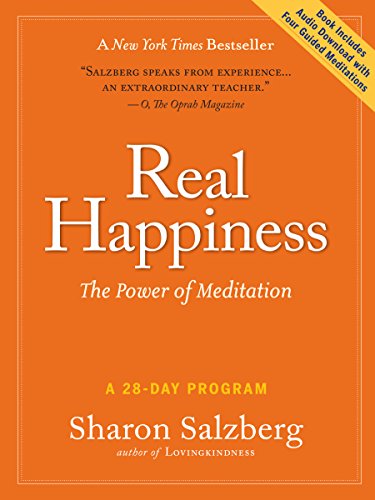Recently I came upon this interesting bible verse,
“If anyone comes to me and does not hate father and mother, wife and children, brothers and sisters-yes, even their own life-such a person cannot be my disciple.”- Luke 14:26
I’m not a bible scholar or even a Christian, but I find this bible verse fascinating. Is Jesus telling us to hate everyone we care about, including ourselves? Somehow, I doubt that’s true. My sense is that this is a metaphor. Jesus is discussing the notion of sacrifice for a greater good (in this case, to follow him and give up their old lives.)
The notion of sacrifice is a strange one in today’s world in that no one seems to want to do it. Capitalism, in particular, encourages us “to get mine.” As one of my favorite Buddhist teachers, Noah Levine, said in a recent podcast, “Greed, Hatred, and Delusion are the norm. It’s compassion that’s in scarcity.”
That’s what makes a capitalist ethos so dangerous: it plays on what is already latent in human nature-- greed, hatred and delusion-- and encourages it to overgrow into an unwieldy garden while downplaying the better angels of our nature-- love, compassion, and kindness.
But to reverse a capitalist psychology is too big of a task for this short blog post. I wouldn’t even know where to begin to start. I fear that capitalism and all that it’s created including imperialism and racism, are so ingrained in our culture at this point that we will never be rid of it.
But what I do know is that there are sacrifices that we can all make in our daily lives to at least begin to push back never-ending cycles of consumption.
1) Eat Less Meat
There is a hypocrisy among a lot of liberal circles that decry the catastrophic effects of Global Warming and sit down to three meals a day with meat. That’s because eating meat might just be the biggest producer of greenhouse gases. As a Time Magazine article said in 2008, “the U.N. Food and Agriculture Organization (FAO) concluded that worldwide livestock farming generates 18% of the planet's greenhouse gas emissions — by comparison, all the world's cars, trains, planes and boats account for a combined 13% of greenhouse gas emissions.”
And here’s what a New York Times article said in a 2014 article, “A more risk-averse and powerful way of curbing emissions is to reduce beef consumption, and shift to other protein-rich food. Beef causes about 40 times higher greenhouse gas emissions per kilogram of protein compared to beans, and around 10 times higher compared to chicken meat.”
I don’t think it’s realistic for everyone to turn into a vegan. But I think there’s something to be said for sacrificing a few meals a week without animal products for the greater good and health of our planet. And that doesn't even touch on the many ethical issues with animal production.
2) Buy Less Shit, especially Shit That You Don’t Need
I’ve written about this elsewhere,
“We cannot escape from consumerism. And it takes a long time to start to overcome this view of what you "should" be and what you are. And what you are is this: imperfect, flawed and mortal...
It's OK if you don't look like that man or woman in the toothpaste ad, I often tell my patients. No one is that person in the toothpaste ad. It's a mirage, an image, brainwashing to make you feel less than whole, so you will buy whatever product people are telling you to buy. In my experience, all of us are far more insecure and anxious about our lives than we'd like to admit.”
Advertising’s main goal is to get you to buy whatever it is a company is selling. In that way, its main goal is to make you feel deficient in some way, heightening our insecurities and as a byproduct, heightening our greed. Greed, after all, is the province of a person who doesn’t have enough.
To reject this notion on some level is to push back against the forces of capitalism. It’s sacrificing and letting go of the narrative that material goods will save us and bring us happiness.
3) Practice Letting Go Over and Over and Over Again
This is an opaque goal but is very related to the first two. In order to have any sort of peace of mind, we must learn to let go over and over, to relinquish our default hardwiring of greed and desire and practice compassion in every aspect of our lives. This takes unending practice, awareness, and sacrifice. It’s not an easy path, and we will surely fall off. (Meditation, in particular, helps us let go over and over again and remain and lets us be grounded in our bodies.) But it’s the only real freedom I’ve ever found in my life from suffering.
If you're interested in psychotherapy with me, call me at (347) 927-4856; or email me at atsheringlcsw@gmail.com to set up a face-to-face or Skype consultation.





